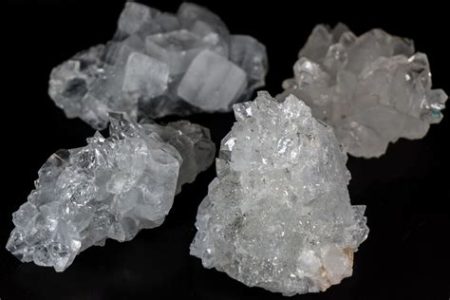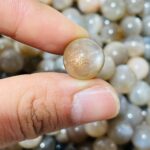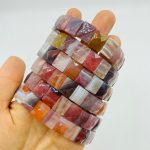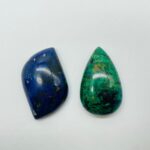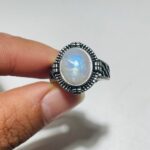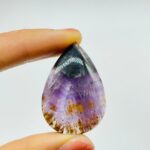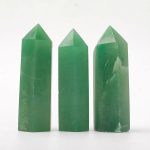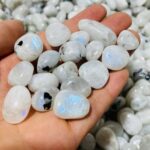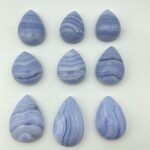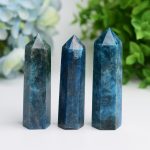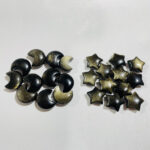Introduction
Amethyst, a captivating gemstone that has adorned jewelry and prized for centuries, is highly sought after for its stunning purple hues and healing properties. However, the prevalence of counterfeit amethysts in the market demands caution among consumers and collectors alike. This comprehensive guide will equip you with the knowledge and tools to discern between genuine and fake amethysts.
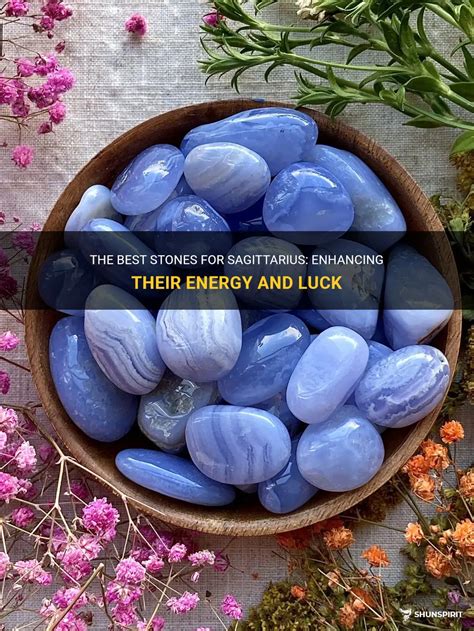
Color and Hue
Authentic amethysts exhibit a deep purple color, often with hints of red and blue. The intensity of the color can vary, but genuine stones typically display a rich and vibrant tone. Fake amethysts, on the other hand, may appear too bright or artificial, lacking the natural depth of color characteristic of authentic gems.
Clarity and Inclusions
Real amethysts are usually not perfectly clear; they often contain natural inclusions that create a unique and captivating effect. These inclusions can range from tiny bubbles to wispy veils. Conversely, fake amethysts tend to be overly clear or have artificial-looking inclusions that detract from their authenticity.
Cut and Shape
Amethysts are available in a wide variety of cuts and shapes, including round, oval, and pear. Genuine stones are meticulously cut to maximize their brilliance and reveal their natural beauty. Imitation amethysts, on the other hand, may have rough or uneven cuts that compromise their appearance and value.
Hardness and Scratch Resistance
Amethyst is a relatively hard gemstone, with a rating of 7 on the Mohs scale. This means that it can withstand most scratches and abrasions. Fake amethysts, often made of glass or synthetic materials, are significantly softer and susceptible to damage.
Price and Value
Genuine amethysts are valuable gemstones, and their price reflects their rarity and beauty. Conversely, fake amethysts are significantly less expensive due to their inferior quality and lack of authenticity. It is important to be wary of unusually low prices, as they may indicate fraudulent or counterfeit products.
Fluorescence and Dichroism
When exposed to ultraviolet light, genuine amethysts exhibit fluorescence, emitting a warm red glow. Additionally, they display dichroism, which causes them to change color slightly when viewed from different angles. Fake amethysts may not display these characteristics or may exhibit unnatural fluorescence colors.
Common Mistakes to Avoid
- Relying solely on color: Color is an important indicator, but it should not be the only factor considered when evaluating authenticity.
- Ignoring clarity: Natural inclusions are a sign of authenticity, but excessive or artificial inclusions should raise suspicions.
- Overlooking cut and shape: Poorly cut or irregularly shaped stones may not be genuine amethysts.
- Falling for low prices: Exceedingly low prices are often indicative of fake or counterfeit gems.
- Purchasing from unreliable sources: Reputable dealers and gem labs provide assurance of authenticity.
Why It Matters
Distinguishing between real and fake amethysts is crucial for several reasons:
- Value and investment: Genuine amethysts hold significant value and can be a wise investment. Fake gems offer little to no value.
- Aesthetic pleasure: Authentic amethysts possess a timeless beauty that cannot be replicated by imitations.
- Healing properties: Genuine crystals are believed to carry healing vibrations and energies. Fake crystals may not possess these properties.
Benefits of Real Amethysts
- Stunning and captivating purple hues
- Associated with tranquility, spiritual growth, and protection
- Believed to enhance creativity, intuition, and sleep quality
- Relatively affordable compared to other precious gemstones
Pros and Cons
Real Amethysts
Pros:
- Rich color, natural inclusions
- Durable and scratch-resistant
- Valuable investment, timeless beauty
- Associated with healing properties
Cons:
- Can be expensive
- May have slight imperfections
Fake Amethysts
Pros:
- Less expensive than genuine gems
- Can be found in a variety of colors and styles
Cons:
- Lack natural depth and beauty
- Brittle and easily damaged
- Hold little to no value
- May not possess healing properties
Reviews
- “I have several amethyst pieces, and I’ve always admired their deep purple color and sparkle. Knowing that they’re genuine gives me peace of mind.” – Sarah, amethyst enthusiast
- “I accidentally purchased a fake amethyst thinking it was real. It’s not nearly as beautiful, and it scratched easily. Lesson learned.” – John, jewelry collector
- “Real amethysts are a wonderful gift. They’re affordable, yet they possess a captivating beauty that makes them stand out.” – Mary, gift giver
- “I’ve been using amethyst crystals for meditation and spiritual healing. They’ve brought me a sense of calm and clarity.” – Lisa, spiritual practitioner
Case Detail Comparison
| Feature | Genuine Amethyst | Fake Amethyst |
|---|---|---|
| Color | Deep purple with hints of red and blue | Too bright or artificial |
| Clarity | Contains natural inclusions | Overly clear or artificial inclusions |
| Cut | Meticulously cut to maximize brilliance | Rough or uneven cuts |
| Hardness | 7 on the Mohs scale | Significantly softer |
| Price | Valuable and priced accordingly | Significantly less expensive |
| Fluorescence | Emits warm red glow under UV light | May not display fluorescence |
| Dichroism | Changes color slightly when viewed from different angles | May not display dichroism |
New Application: Amethyst Crystal Infusion
Inspired by the healing properties of amethyst, scientists have developed a novel application known as “amethyst crystal infusion.” This process involves immersing a real amethyst crystal in pure water for an extended period, creating an infused solution believed to carry the crystal’s vibrational energies. Proponents claim that drinking this infused water can promote overall well-being and enhance mood.
Conclusion
Discerning between real and fake amethysts requires a keen eye for detail and a comprehensive understanding of the gemstone’s characteristics. By considering factors such as color, clarity, cut, hardness, price, and fluorescence, you can make informed purchasing decisions and avoid being misled by counterfeit products. Remember, authentic amethysts not only possess a timeless beauty but also carry the potential for personal growth and healing.








